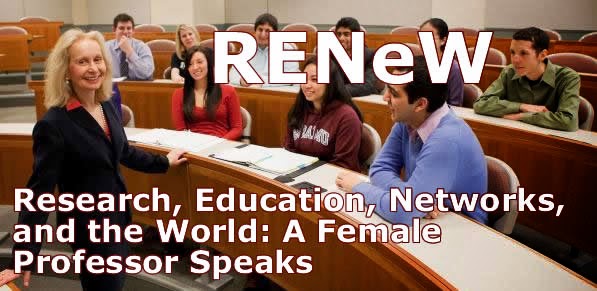This past week I had the pleasure of speaking at the Managing Disaster Risk: A Way to Sustainability Workshop organized by NEGAAS (Nepal Germany Academic Association). Speakers and participants joined virtually from multiple continents.
My presentation was entitled, “Labor and Supply Chain Networks: Insights from Models Inspired by the COVID-19 Pandemic.”
After a very warm introduction and welcome by Professor Tanka Nath Dhamala, I thanked him and co-organizer Professor Urmila Pyakurel, as well as Er. Ravi Khanal and the Nepal German Academic Association (NEGAAS) and its Program on Migration and Diaspora for the invitation to speak.
In my presentation, I first emphasized that the COVID-19 pandemic is a healthcare disaster that unlike, natural disasters, even those exacerbated by climate change, is not limited to time and space and has affected virtually the entire globe. I spoke about research on perishable and time-sensitive supply chain networks that I had done with collaborators even before the pandemic that enabled us to pivot to produce relevant research in the pandemic. Among the applications of such supply chains are: food supply chains as well as pharmaceutical and vaccine ones. Such supply chains were especially impacted in the pandemic.
I discussed a stream of publications that I had published in the pandemic on mathematical models, both optimization and game theory ones, that include labor as a critical resource in supply chains, along with labor availability and productivity. I first discussed, at a high level, the food supply chain network model introduced in Nagurney (2021a), in which there are bounds on labor associated with supply chain network economic links of production, transportation, storage, and distribution using a generalized network optimization framework to capture food product perishability.
I then (cf. Nagurney (2021b) highlighted another optimization model in which there are distinct sets of bounds on labor - on links, or on a tier of supply chain activity, or on the entire supply chain network. Finally, I discussed a model and results in Nagurney (2021c), where a game theory model with multiple competing firms under various labor constraints are engaged in competition under profit-maximizing behavior. The governing concept in the case of bounds on labor on links is that of Nash Equilibrium, whereas in the case of the two other sets of constraints, in which the firms compete for labor (a reality in the pandemic), the concept is that of a Generalized Nash Equilibrium. Highlights of a case study on blueberries and migrant labor, which has suffered in the pandemic, was also presented. This paper, published in the European Journal of Operational Research was recognized by a 2021 Editor's Choice Award.
In my talk, I also noted that it is important that firms pay laborers the wages that they deserve and this can actually give them a competitive advantage (cf. Nagurney (2021d)). I further noted the benefits of cooperation, from a study (see Nagurney and Qiang (2020)), in which synergies associated with the teaming of humanitarian organizations in disaster response can be quantified.
In my presentation, I emphasized the importance of research and publishing on disaster management but also the need to get the research out to the public. I noted the benefits of writing OpEds and speaking with the media as well as in working with legislators to effect positive change. Below are just some of the media that I have been interviewed for in the pandemic.
I concluded my presentation by describing how work on blood supply chains that I had written about in The Conversation has impacted national policy in the US in the pandemic.
I very much appreciated the thoughtful comments and questions after my presentation.
The full slide deck of my presentation can be downloaded here.
References
Nagurney, A., 2021a. Perishable food supply chain networks with labor in the Covid-19 pandemic. In: Dynamics of Disasters - Impact, Risk, Resilience, and Solutions. I.S. Kotsireas, A. Nagurney, P.M. Pardalos, and A. Tsokas, Editors, Springer Nature Switzerland AG, pp 173-193.
Nagurney, A., 2021b. Optimization of supply chain networks with the inclusion of labor: Applications to Covid-19 pandemic disruptions. International Journal of Production Economics, 235, 108080.
Nagurney, A., 2021c. Supply chain game theory network modeling under labor constraints: Applications to the Covid-19 pandemic. European Journal of Operational Research, 293(3), 880-891.
Nagurney, A., 2021d. Wage-dependent labor and supply chain networks in the COVID-19 pandemic and beyond. In press in: Analysis, Geometry, Nonlinear Optimization and Applications, P.M. Pardalos and T.M. Rassias, Editors, World Scientific Publishing, Singapore.
Nagurney, A., Qiang, Q., 2020. Quantifying supply chain network synergy for humanitarian organizations. IBM Journal of Research and Development, 64(1/2), pp 12:1-12:16.
The program of the workshop can be viewed below.
The ideas generated at this workshop were fabulous and. A big plus was the mix of academics, practitioners, and representatives from government, which made for meaningful conversations.





































































